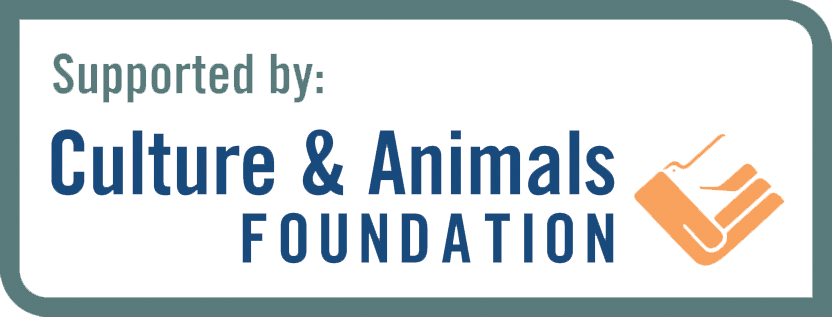Bjørn Ralf Kristensen

Teaching
- ENVS 203: Introduction to Environmental Studies: Humanities — Summer 2024
- ENVS 345: Environmental Ethics — Winter 2024
- PHIL 335: Medical Ethics (Biomedical Ethics) — Summer 2023
- ENVS 345: Environmental Ethics — Summer 2022
- PHIL 340: Environmental Philosophy — Spring 2022
Publications
- "Anthrodependency, Zoonoses, and Relational Overflow" in More-than-One Health: Humans, Animals, and the Environment Post-Pandemic, ed. Irus Braverman (New York: Routledge, 2023), 193-208.
- "Viennese hamsters and the interspecies politics of urban space" in Justice and food security in a changing climate, eds. Hanna Schübel and Ivo Wallimann-Helmer (Wageningen, Netherlands: Wageningen Academic Publishers, 2021), 230-235.
- Book Review: Lori Gruen, ed. Critical Terms for Animal Studies in Environmental Ethics 43 (3), (2021), 285-286.
- Book Review: Kelly Struthers Montford and Chloë Taylor, eds. Colonialism and Animality: Anti-Colonial Perspectives in Critical Animal Studies in Environmental Ethics 43 (1) (2021) 85-88.
- Book Review: Penny Johnson, Companions in Conflict: Animals in Occupied Palestine in Journal of Holy Land and Palestine Studies 19 (2), (2020) 237-239.
- Book Review: TJ Kasperbauer, Subhuman: The Moral Psychology of Human Attitudes to Animals in Environmental Ethics 41 (1), (2019) 93-94.
- Book Review: Philip J. Sampson, Animal Ethics and the Nonconformist Conscience in Reading Religion 5 (1), (2019)
- "Toward the research and development of cultured meat for captive carnivorous animals" in Professionals in food chains: Ethics, roles, and responsibilities, eds. Svenja Springer and Herwig Grimm, (Wageningen, Netherlands: Wageningen Academic Publishers, 2018), 152-156.
Projects
Thinking with Street Dogs
“Thinking with Street Dogs” is a multispecies ethnographic project exploring the lives of free-ranging dogs in Cusco, Peru. This project is grounded in the emergent tradition of pragmatist ecofeminism, and in particular the works of American pragmatist philosopher John Dewey and ecofeminist philosopher Val Plumwood, paired with fieldwork informed by the interdisciplinary approaches from informed by multispecies studies and the environmental humanities. In this project, I propose that the social and physical environment of Cusco makes it possible for dogs to live out their lives in ways that can be interpreted as living critiques of dominant approaches in animal ethics. The project involves philosophical fieldwork through which I think with Cusco’s street dogs themselves, and understand them as participants in moral theorizing; whose lives challenge universalized approaches and misconceptions. A central tension in this work is the question of how street dogs might be accounted for in a way that is more charitable and legitimizing to their forms of life, while also recognizing the undeniable challenges they face.
Designing for the Intimate Shared Reality of All Species
Installation for the 2023 Venice Architectural Biennale
Collaborative project with Kory Russel (Landscape Architecture/Environmental Studies) & Audrey Rycewicz (Landscape Architecture)


All humans, regardless of age, gender, race, rank, wealth, or power must excrete bodily waste on a regular basis. Humans and all other species share this intimate reality. A key difference between humans and other living organisms is that we are still attempting to manage our bodily waste as a resource without severely impacting or destroying other species and ourselves.
In this project we bring awareness to the transspecies entanglements within the context of Container Based Sanitation (CBS). We consider the environment and individual species who are implicated in sanitation practices within informal settlements. Attention is drawn to both the broader socio-environmental impacts of sanitation practices, and the individual lives—human and more-than-human—who are integrally tied to, yet often abstracted from, these processes. It is our hope that viewers will leave with a realization of three crucial points: 1) Sanitation processes necessarily involve other species who are often backgrounded—or remain largely unexamined entities—within typical considerations. 2) The benefits of improved sanitation are not confined to humans. A diversity of other species also stand to benefit from inclusive approaches to sanitation. 3) The realization of a wider transspecies community is integral in coming to terms with the global sanitation crisis—a wicked problem calling for considerations beyond a narrow anthropocentric worldview
